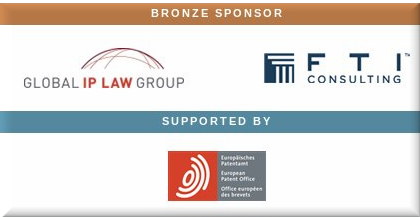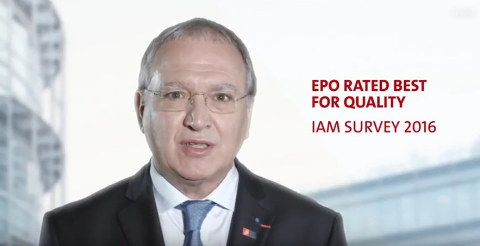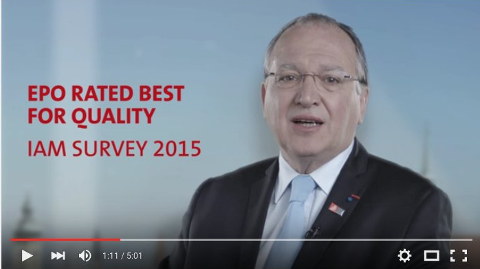

IAM's 90th issue has come out and it's full of hilarity as usual. It's basically the "Pravda" of the patent maximalists. We've taken some time to quickly review it and shake the head.
"It's basically the "Pravda" of the patent maximalists."So based on less than 900 self-selecting responses (probably patent maximalists) they got themselves another one of those notorious surveys that Battistelli loves citing every year, making ludicrous claims about performance at the EPO. The paywall prevents us from seeing what they say about the EPO, but maybe Battistelli will soon reveal what they have claimed, as usual [1, 2, 3]. Here's what they say on the US:
The US fightback, revealed in last year’s IAM benchmarking survey, may have come to an end. While 2017’s results revealed a favourable swing in sentiment towards the US patent regime, this year’s responses suggest that gloom may be descending once more – even before the Oil States judgment became known.
"What they mean by "gloom" is less litigation (or less successful patent lawsuits), that's all. The USPTO granted too many patents in error."We can imagine, based on the headline, that they will then praise what Battistelli has done (other than dropping some cash onto IAM via his external PR firm). In this same issue IAM also repeats the EPO's "SMEs" propaganda, citing the EPO itself (the foundation or fountain of all lies) as 'proof' or 'source'. Well, why not just copy-paste press releases from the EPO and Battistelli-commissioned 'studies'? Instead John P McManus wrote this, linking to the EPO's Web site and basically rephrasing the EPO:
Challenging the common misconception that patent protection is too complex and costly for small and medium-sized enterprises, recent European Patent Office case studies reveal that such companies are building success through their IP strategies
Small and medium-sized enterprises (SMEs) are widely perceived to lack the necessary means to maximise their IP potential. However, the European Patent Office (EPO) has published a series of case studies on a variety of SMEs across Europe which contradicts this (http://epo.org/sme). The companies interviewed spoke candidly about the commercial and financial benefits that intellectual assets contribute to their businesses and the importance of developing IP strategies early to best serve their long-term business interests.

